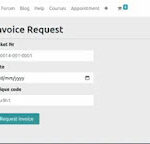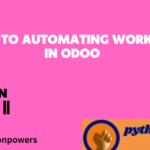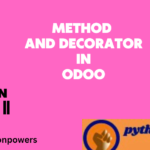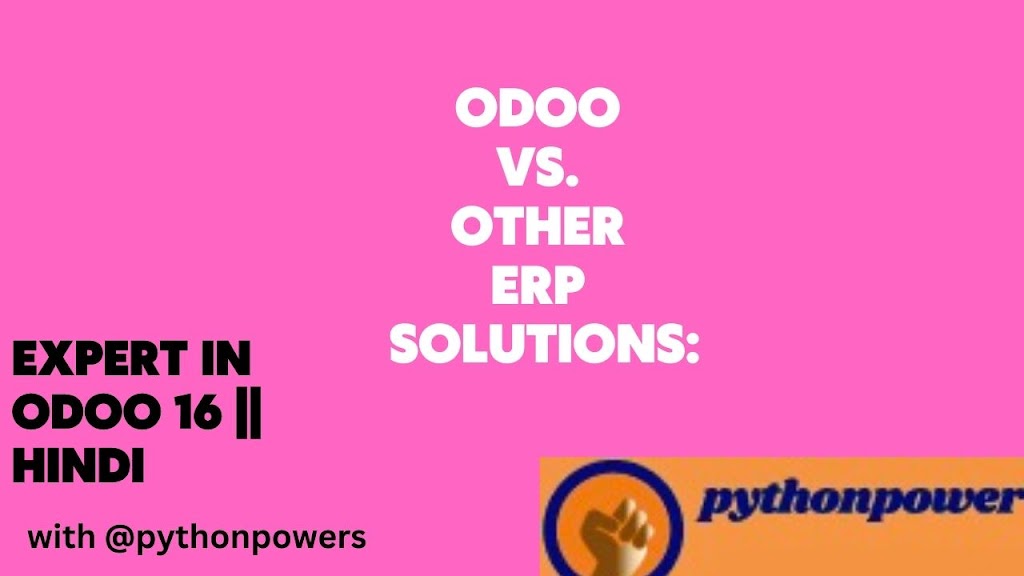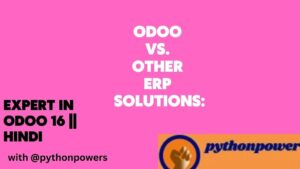Odoo vs. Other ERP Solutions:
Odoo is one of the popular open-source ERP (Enterprise Resource Planning) solutions available in the market, but it competes with several other ERP systems, both open-source and proprietary. Let’s compare Odoo with other ERP solutions based on various aspects
Open-Source vs. Proprietary:
Odoo is open-source, which means its source code is freely available, and users can modify and customize it as per their requirements. On the other hand, many ERP solutions are proprietary, which means their source code is not accessible, and users need to pay licensing fees to use the software.
Cost:
Odoo’s open-source nature allows users to start using the basic version for free. However, additional modules, support, and customization might incur costs. Proprietary ERP solutions usually have upfront licensing fees, implementation costs, and ongoing maintenance fees.
Customization and Flexibility:
Odoo’s modular architecture and open-source nature provide high flexibility and customization options. Users can easily modify existing modules or create new ones to fit their specific business needs. Proprietary ERP solutions may offer customization options but are often limited compared to Odoo’s flexibility.
Community and Support:
Odoo has a large and active community of developers, users, and contributors. This community provides support, documentation, and additional modules. Proprietary ERP solutions often have dedicated support from the vendor, but it may come at an additional cost.
Features and Modules:
Odoo offers a wide range of modules covering various business processes, such as sales, inventory, accounting, HR, CRM, and more. However, the depth and maturity of some modules may vary compared to specialized proprietary ERP solutions that focus on specific industries or functionalities.
Ease of Use:
Odoo is known for its user-friendly and modern interface, making it relatively easy for users to navigate and work with the system. Proprietary ERP solutions can vary in terms of their user interface and ease of use.
Scalability:
Both Odoo and proprietary ERP solutions can be scaled to meet the needs of small businesses to large enterprises. Odoo’s modular architecture allows businesses to add or remove modules as required
Implementation and Deployment:
Odoo’s open-source nature can make it easier and faster to implement compared to some proprietary solutions. However, the complexity of the deployment also depends on the specific requirements and the expertise of the implementation team.
Integration:
Odoo provides APIs and integration tools to connect with other systems and applications. Proprietary ERP solutions may offer similar integration capabilities, but the ease of integration can vary.
Ultimately, the choice between Odoo and other ERP solutions depends on factors such as the specific business requirements, budget, level of customization needed, industry focus, and the expertise available to implement and support the ERP system. Businesses should evaluate their needs, conduct thorough research, and consider factors like long-term costs, support, and scalability when choosing an ERP solution.
